Virtual reality is experienced through sights and sounds in an artificial environment provided by a computer. The travel and tourism industry has started adopting this tool to enhance customer experience and maximize engagements. If you want to use this innovative tool to promote your travel business, take a look at this overview of virtual reality marketing (Also known as VR marketing), its importance for the tourism sector, and 5 advantages of using virtual reality to increase sales.
Table of Contents
- What Is a VR Video, and How Does It Work?
- What Is Virtual Reality Marketing, and Why Is It Important in Travel?
- 5 Advantages of Virtual Reality Marketing
- 3 Examples of Virtual Reality Marketing in Travel
- Virtual Reality Marketing and the Metaverse
What Is a VR Video, and How Does It Work?
Technically speaking, virtual reality is a 3D computer-generated environment that looks just like the real world. You can combine videos, images, and photos of the destination you are promoting with your website’s booking functionality into a VR video, thus enabling the user to get all the information they need in one single experience. This can save you time and lead to strong conversion. According to the Virtual Reality Market Report by Fact.MR, the global virtual reality market size in 2023 was $23.18 billion.
What Is Virtual Reality Marketing, and Why Is It Important in Travel?
The travel industry’s proverbial glove is virtual reality, as it enables brand owners to present their services to potential customers right before their eyes. VR marketing provides valuable advantages to businesses by allowing users to have an immersive experience by connecting directly with a service or product. This immersive experience can be anything from flying in a helicopter to the holiday resort to taking hotel room tours. You can give your audience an enjoyable experience through a virtual reality video in countless ways.
5 Advantages of Virtual Reality Marketing
While virtual reality can eliminate the need to take a trip, most people will want to experience the destination for real after watching it on a VR video. According to the AR/VR Market Insights Report by Statista, there were 97.7 million worldwide VR users in 2023. If you are considering using this marketing tool to increase bookings, take a look at the following five advantages:
1. Be One Step Ahead of Your Competitors
To attract online visitors to your website and boost sales or bookings, you must give Web users unparalleled access to your VR video without prompting them to leave your website. If you want to stay ahead of your competitors, you need to keep your potential customers on your homepage longer by allowing them to interact with your services. A simple mouse click will not suffice since you must build trust with your audience. A virtual reality video will allow your business to develop experiences that reach your audience through unique interaction rather than plain text.
2. You Can Showcase Your Services to Potential Customers in Advance
VR videos allow potential customers to explore the destination before booking. You can even incorporate a travel app or an interactive map with your virtual reality video to pinpoint directions, routes, and places of interest to your customers. Remember, this is your chance to showcase the hotel resort or tour you promote vividly and convincingly rather than just giving the customer a destination brochure. By presenting your services to potential customers in advance using a VR video, you will convey the message that your travel company is transparent and authentic.
3. VR Offers Enhanced User Experience
A VR video allows users to embark on an immersive journey through the hotel’s rooms, explore its facilities, walk around the resort, and even make a direct booking. In fact, this unique sensory experience can be like storytelling since the user can visit the desired places of interest and learn more about their history, check out the hotel restaurant’s menu, and explore the spa treatments in a 360-degree virtual walkthrough. Virtual reality videos can enhance all kinds of on-site experiences for users so it’s understandable why they are increasingly becoming the ultimate marketing tool for the travel industry.
4. VR Marketing Helps Boost Sales
The equipment needed to create your first VR video doesn’t have to be expensive; all you need is a good camera that can take 360 video degree shots. Simultaneous shots can easily be captured using drones, which you can rent cheaply for a day. If you have a creative team to help you with the project, you can create an ultimate VR video that allows users to interact with their environment in a ‘try before you buy’ marketing strategy. Investing a little time and money in creating your VR marketing video will help boost your brand’s sales.
5. It’s a Perfect Tool for Content Marketing
Quality content is essential for online marketing; every business owner knows the importance of giving their audience consistent value. Content marketing through virtual reality is a revolutionary way to present your business to potential customers directly from their VR headsets. The video must be shared on social media sites for maximum exposure. Remember that your content should be as engaging as possible, and your online users can even drive or ride the experience. Content marketers must always stay on top of the evolving tech trends by taking advantage of virtual reality for their travel business.
3 Examples of Virtual Reality Marketing in Travel
Some of the world’s biggest travel companies have already integrated virtual reality into their travel marketing strategy. If you’d like to understand better how to use this powerful tool in your business, take a peek at the 3 most innovative examples of VR marketing videos that offer users an exciting and immersive experience.
#Virtual Reality Marketing 1: Virtual Reality Hotel Tour
This 4-minute VR hotel tour of the luxury resort hotel Sandy Lane in Barbados takes the viewer on a virtual reality experience to all the hotel’s top attractions and highlights, including its golf course, spa, changing rooms, suites, and stunning marble reception area.
#Virtual Reality Marketing 2: Virtual Reality Tour of Travel Destination
This is a 7-minute video of Australia’s Hamilton Island. The interactive video starts with a flight landing at the destination airport. It takes the user to the hotel before offering the ultimate flying experience in a helicopter over the Great Barrier Reef and scuba diving on the reef. Guests can explore the hotel’s spa facilities and check out all the water activities they can participate in.
#Virtual Reality Marketing 3: A Virtual Reality Guided City Tour Through London
This 5-minute 360 VR video features a guided city tour through London’s most famous landmarks and attractions via public transport and on foot. The guide explains the history of the capital as well as its iconic streets with tips on the best ways to travel around London and what to see in the city.
Table: More Examples of Virtual Reality Marketing in the Travel Industry
The following table provides additional examples of using virtual reality in travel marketing and their benefits.
Virtual Reality Marketing and the Metaverse
Virtual reality marketing is just one of the technologies helping shape the metaverse. In simple terms, the metaverse describes metaverse virtual words – powered by virtual reality devices, augmented reality, and similar technology – which serve as a digital space where meaningful social interactions occur.
Take a look at the “Metaverse Tourism: Overview, Benefits, Examples and More” article for more on precisely what the metaverse is, its connection with virtual reality tourism offerings, how the metaverse is already being utilized, the benefits, and its potential in the months and years to come.
Virtual Reality Marketing for Travel Industry FAQs
Beyond virtual tours and destination marketing, travel and tourism companies are now taking virtual reality to another level through creative and innovative methods to attract audiences. It won’t be long until travel companies use virtual reality catalogs to help their customers plan and book trips from their homes.
More Video Marketing Tips
Videos are a powerful marketing tool, especially for the hospitality and travel industry. After all, they can capture the audience’s attention much quicker than text or images. In the following articles, you will learn more about video marketing:
- How Virtual Reality is Transforming the Travel Industry
- Tips to Create The Perfect Promotional Hotel Video
- Essential Video Marketing Tips for Hotels
- Benefits of Virtual Reality Marketing for The Travel Industry
- Must-Read Tips to Create The Perfect Virtual Reality Video
More Tips to Grow Your Business
Revfine.com is the leading knowledge platform for the hospitality and travel industry. Professionals use our insights, strategies, and actionable tips to get inspired, optimize revenue, innovate processes, and improve customer experience.Explore expert advice on management, marketing, revenue management, operations, software, and technology in our dedicated Hotel, Hospitality, and Travel & Tourism categories.
This article is written by:
Hi, I am Martijn Barten, founder of Revfine.com. With 20 years of experience in the hospitality industry, I specialize in optimizing revenue by combining revenue management with marketing strategies. I have successfully developed, implemented, and managed revenue management and marketing strategies for individual properties and multi-property portfolios.

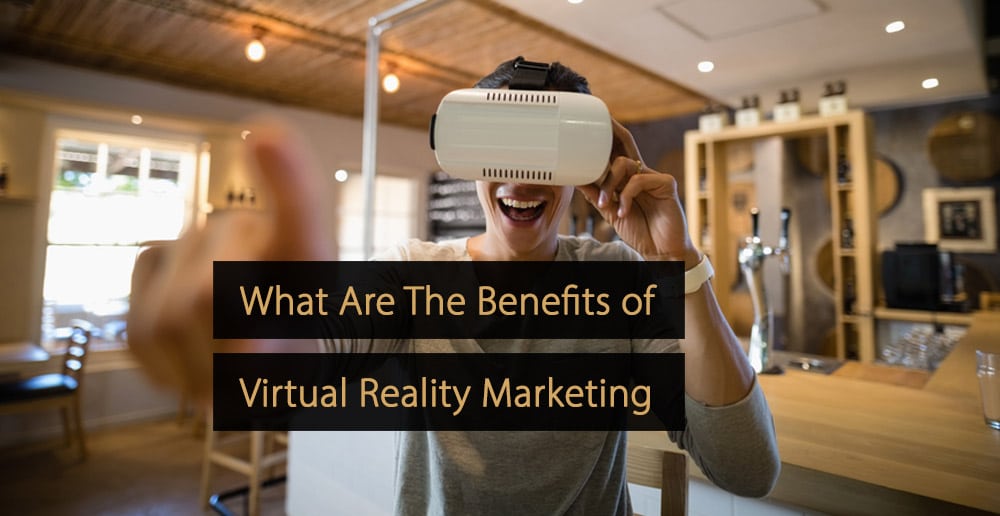
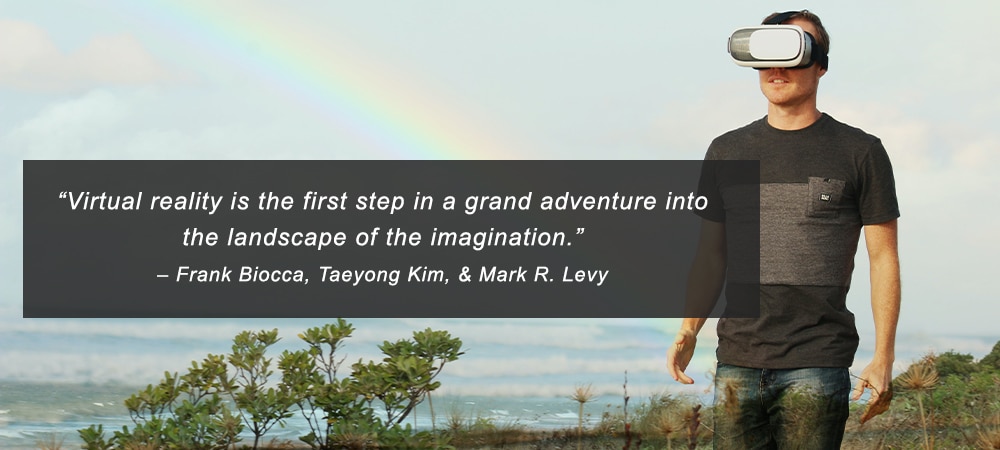
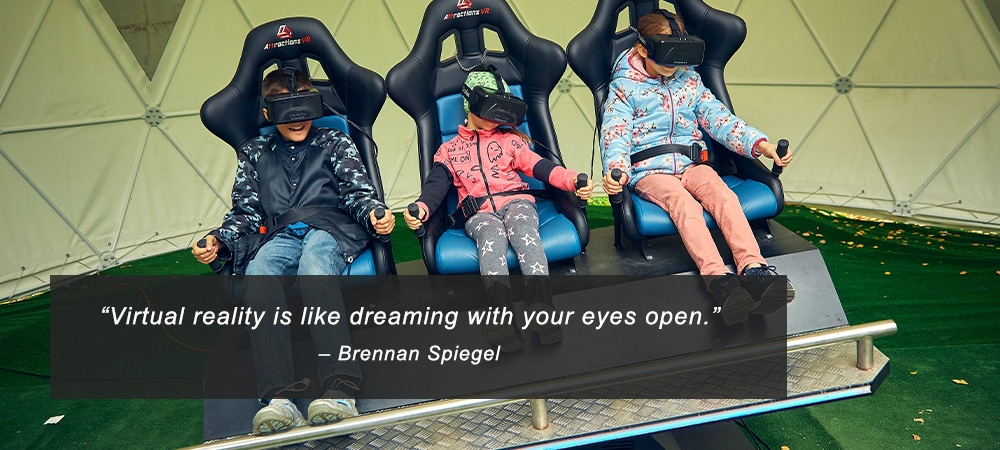

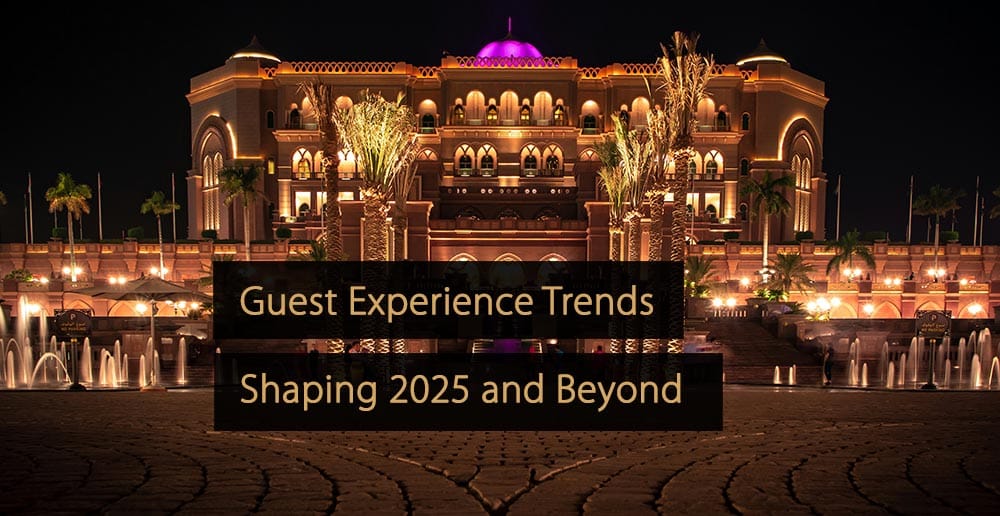
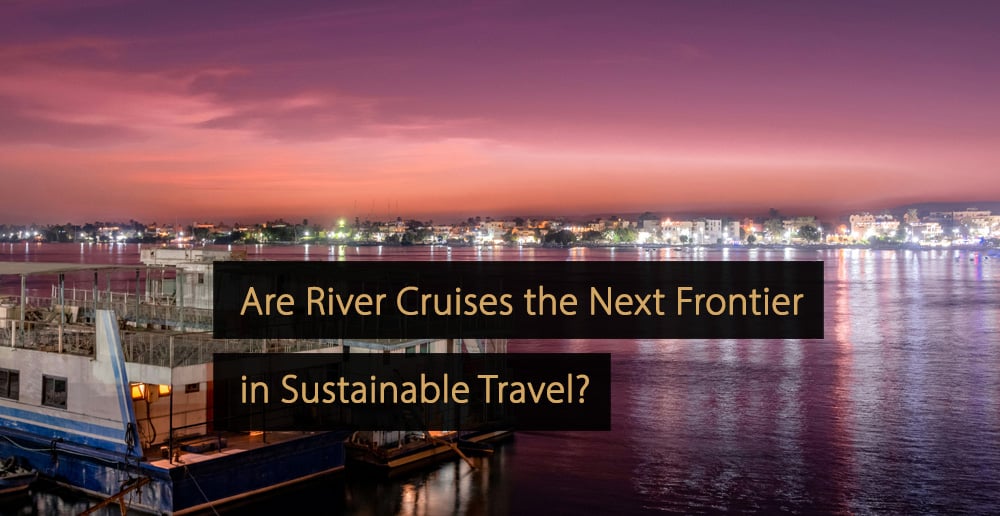
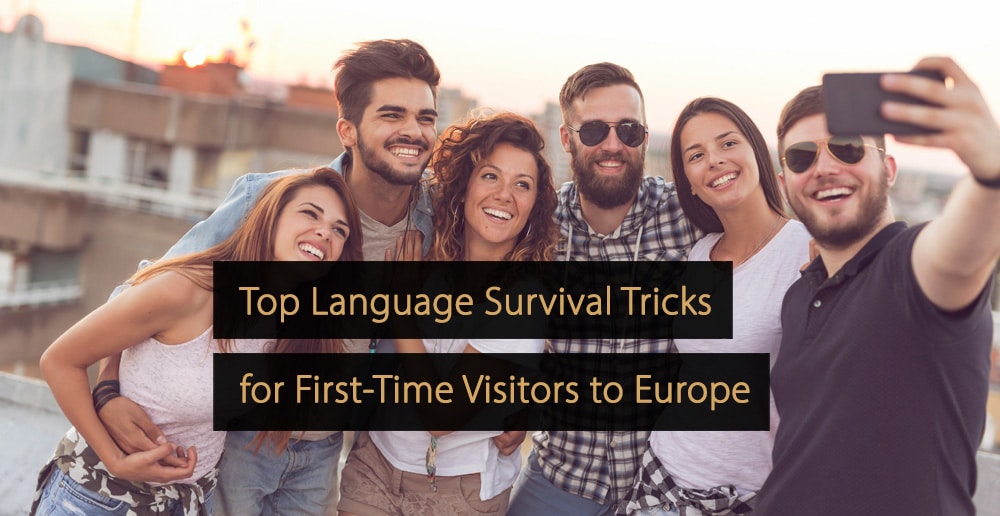
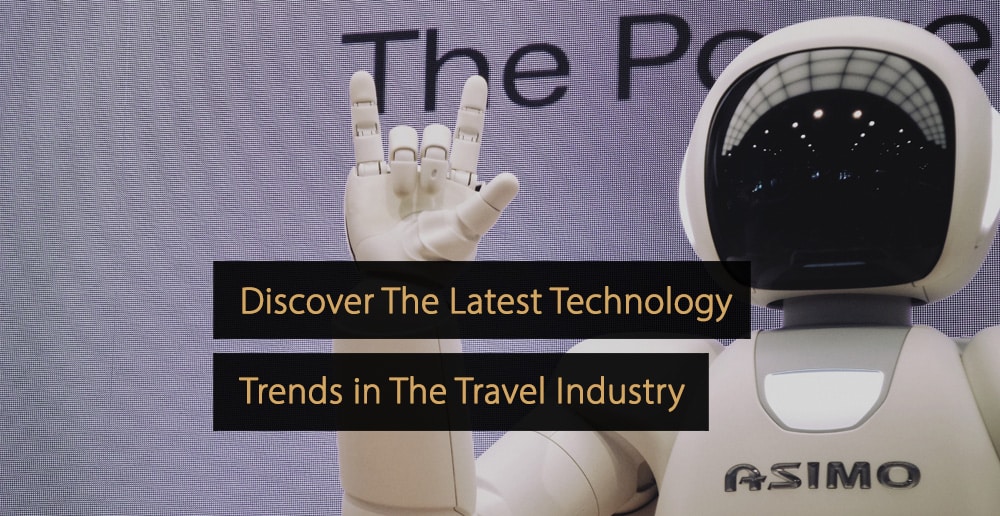
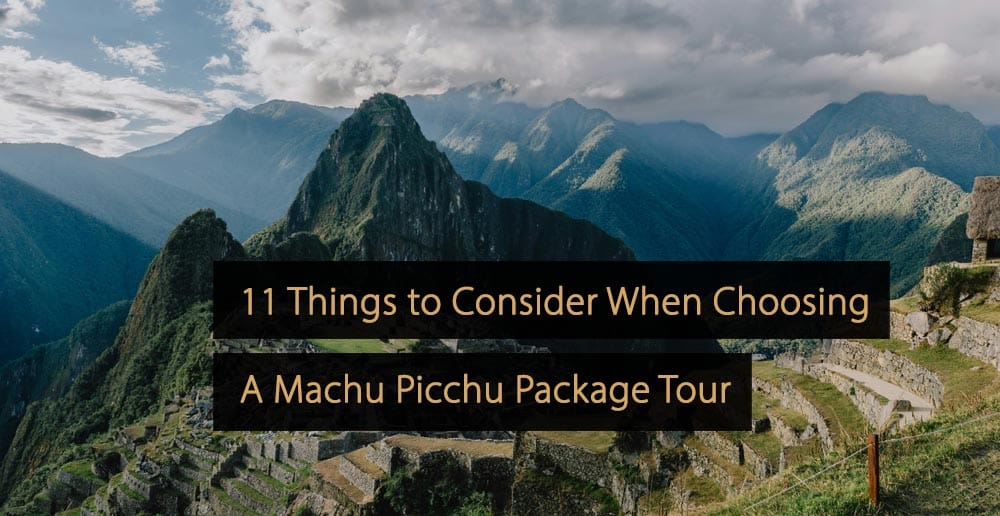
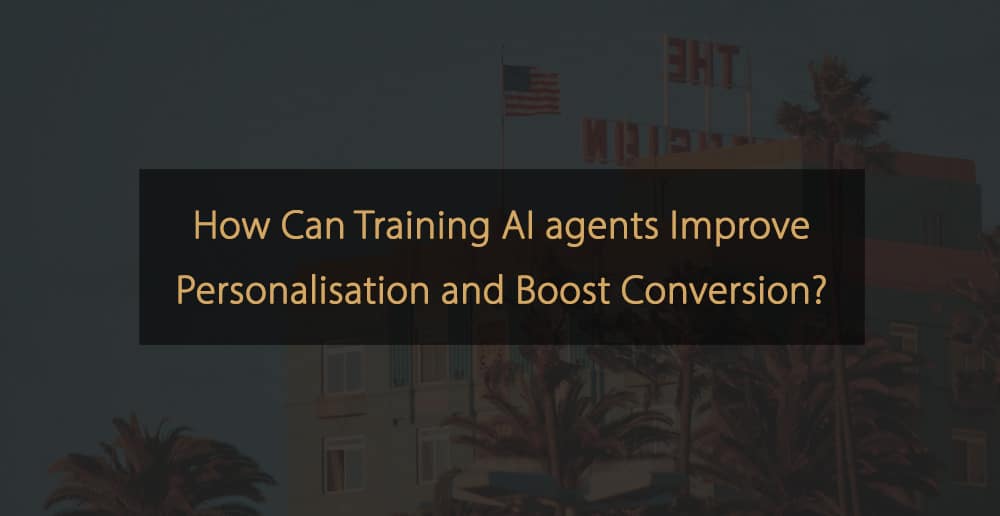
Great to know that you’re very fascinated with the beauty of Virtual Reality as much as I do! This is the reason I keep on looking forward for the future improvements of the VR technology because there is a lot of space for creative minds in the VR world. One thing I like about the Virtual Reality is being able to create a Virtual Tour.
The holiday places in VR look breathtaking, what great examples to look at!
Virtual reality marketing can have a pretty big impact on the marketing industry as a whole. Marketers should keep an eye on this development, and others like it that have huge potential.
Thank you for this article! This is really very informative for us. I agree with you totally. It gives some true and insightful information on the 5 benefits of virtual reality marketing for the travel industry. A great blog to share and will read more!
It was very helpful when you said that marketing and advertising content should be uploaded on social media to maximize traffic. I and my wife are planning on building a small resort as our family business. Given the fact that we have no experience doing this, we’ll surely hire professionals to help us. With that being said, it would also be great if we hire a virtual matterport 3d tour service. This way, our potential customers will be able to see the place without having the need to go to the actual location.
Very interesting article! It’s an excellent way to explore (in advance) the beauties of the world without traveling physically. Virtual reality has many other benefits worth exploring. This is the future. Due to its fast progress, it will become more important in the coming years.
Fascinating article! Virtual reality will be the next Boom, and we should prepare to seize this opportunity!